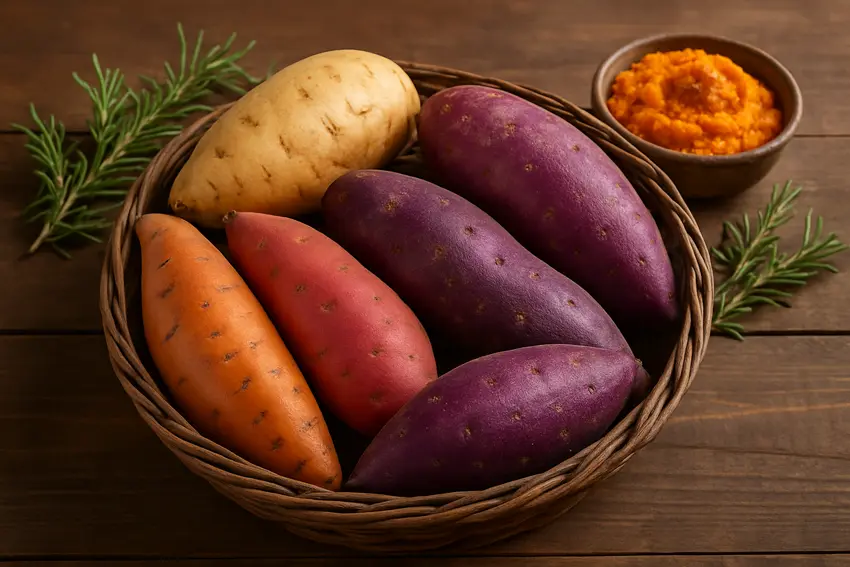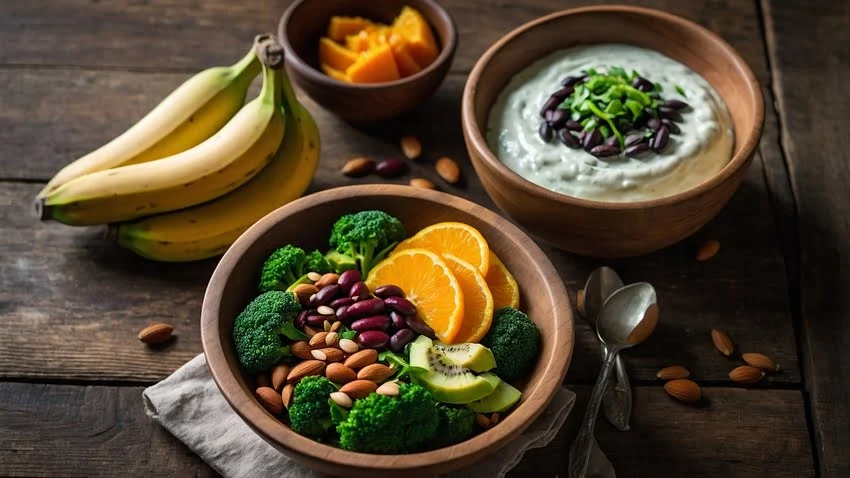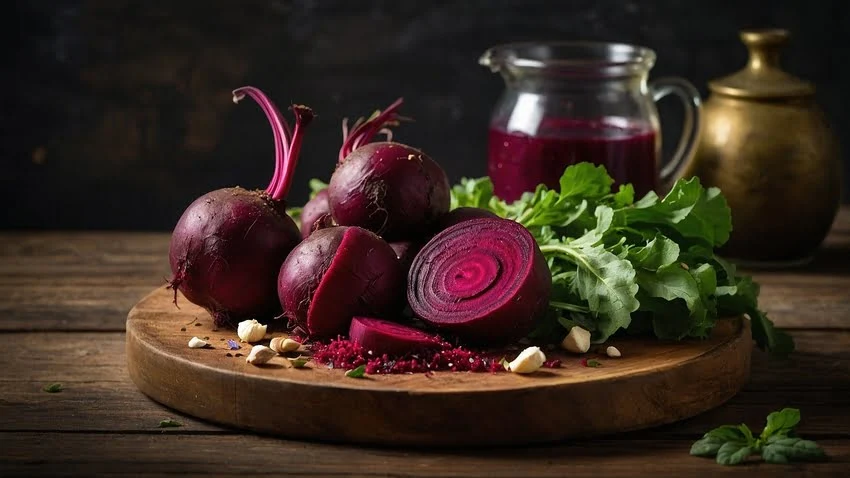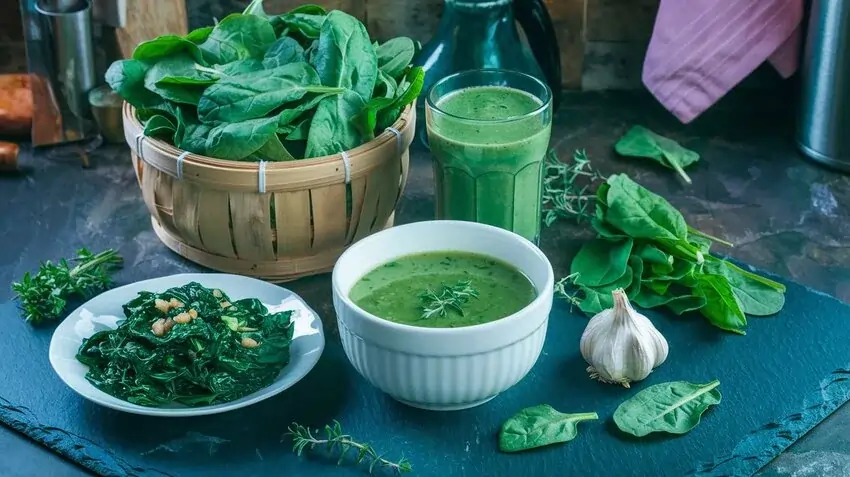Sweet Potato Benefits: 10 Reasons This Superfood Boosts Your Health
Sweet potatoes are more than just a delicious side dish; they are a nutritional powerhouse packed with vitamins, minerals, and antioxidants. This versatile root vegetable has gained popularity in recent years, not only for its sweet flavor and vibrant color
Read More










